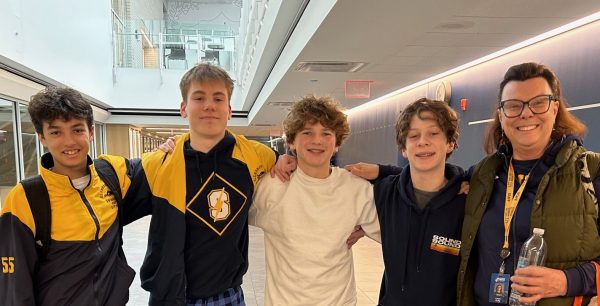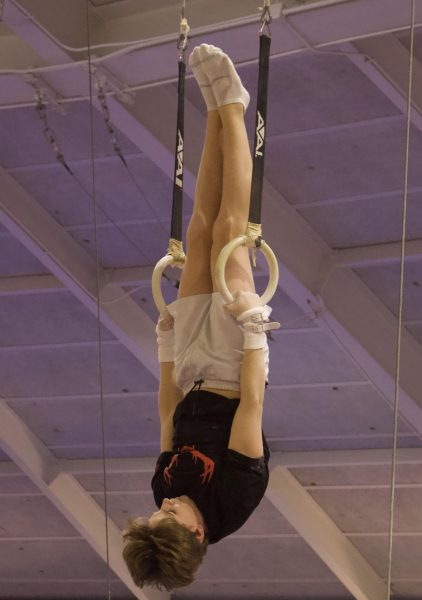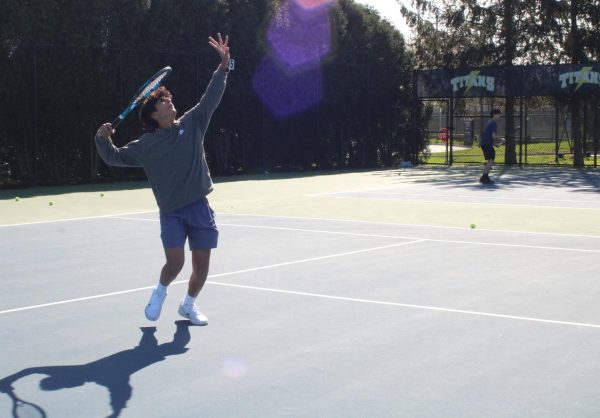Sporting careers on the horizon
December 20, 2019
For some high school student-athletes, the next step up is the recruiting process of playing their sport in college. Every year, classmates from every grade look on as Souths’ athletes commit to play sports at every level of college athletics. However, that process is much more complicated than just picking a school.
Senior Mary Jane McNary committed to play Division I field hockey at the University of Iowa in the early spring of her sophomore year. She admitted how noteworthy her early commitment was, but did not regret the timing of her decision because of the deadlines she faced.
“I’ve thought about how early it was,” McNary said. “Especially now that I’m a senior, I think that committing as a sophomore is kind of crazy. But at the same time, [with] the offers that I had, I knew that if I didn’t commit to Iowa when I did, I would have lost that offer.”
John Klasen, director of college counseling at South, has seen the trend of commitments as early as sophomore year often throughout his years, and understands why the athletes commit as early as they do.
“I think the tough part for [student athletes] is, if [they] don’t move quickly on these schools, they will move on to the next student,” Klasen said. “In that case, I don’t think it’s too soon, [but] I do think it puts a lot of pressure on students to make decisions.”
Varsity volleyball player Kendall Smith is another South athlete committing to a Division I school early in her high school career. The senior committed to Howard University to play volleyball during the summer before her junior year. Smith also spoke to the stress and staggering time line associated with committing.
“[College coaches] don’t really give you a lot of time,” Smith said. “You’re going through the college process of applying, except you’re applying by trying to impress them on the phone with your grades or skills before your junior or senior year.”
McNary’s varsity field hockey head coach Tom Rosenbaum has been coaching for over 15 years at GBS. He says his role in a player like McNary’s recruiting process is telling college coaches more about the player’s overall character and chemistry with their teammates.
“[College coaches] want to know a little bit more about how [athletes] are as a teammate,” Rosenbaum says. “How they work together with other people, what positions they’re playing, how they fare against other kids locally and nationally. What [recruiters] get from [coaches] is the background [on the athlete].”
McNary also spoke about how important her club field hockey teammates and coaches were in terms of connections with coaches who were looking for early recruits.
“A lot of the coaches from colleges would contact my club coach and then my club coach would forward the email to me because it’s a third-party recruiting,” McNary said.
Smith elaborated on how the reputation and talent of the athletic program she committed to was not the only part of her decision to attend any universities she was looking at.
“The question I tried to ask myself is: if I got injured and couldn’t play volleyball anymore, would I still want to go to school there?” Smith said. “I had to make sure I was choosing [Howard] for school too, [not just for athletics].”








